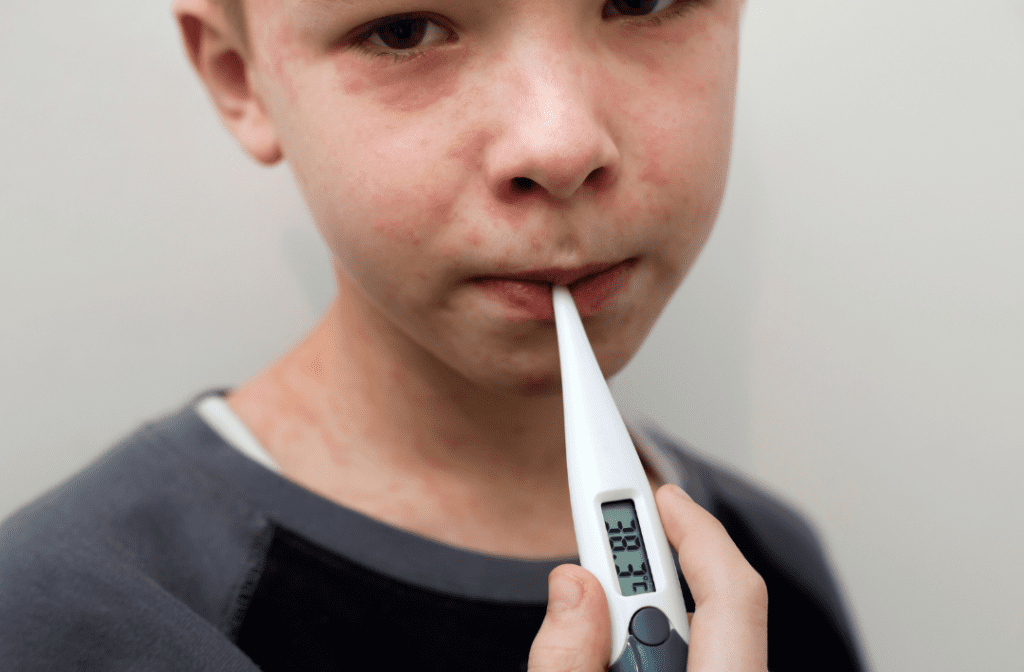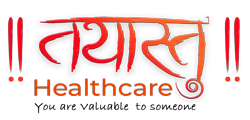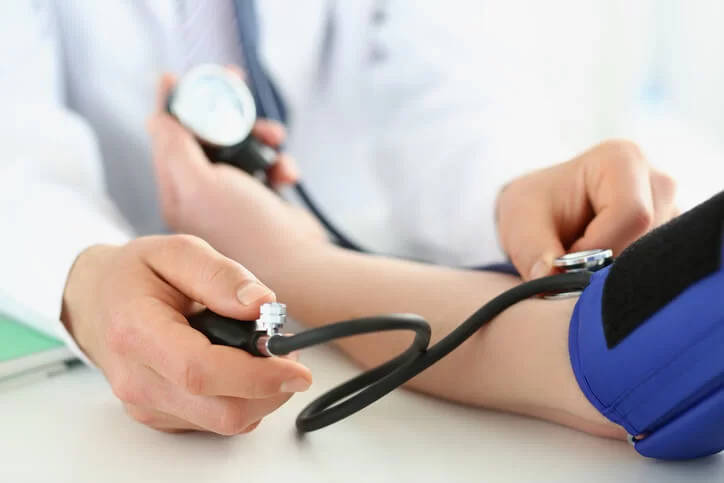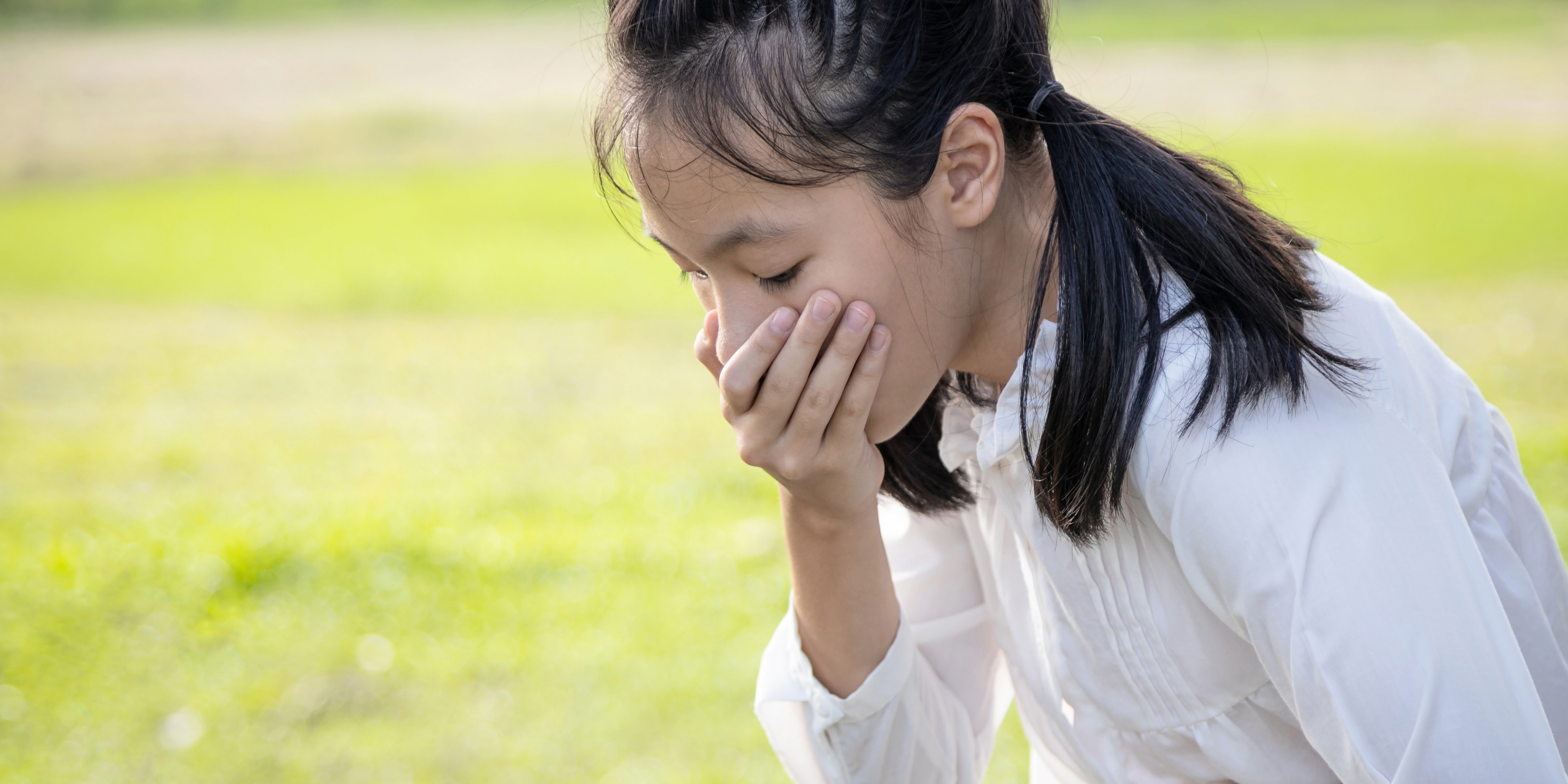Measles Overview Through Student Healthcare Programs
Measles is a highly infectious disease caused by a virus that mostly affects children, although it can also affect adulthood. Therefore, the issue becomes an important factor for Student healthcare programs and student healthcare Services. It is due to the fact that the measles virus is spread from one person to another through droplets which are carried from coughing and sneezing.
Measles, is a contagious disease that has a characteristic red rash that mainly appears on the face and then spreads all over the body. Besides the rash, the other symptoms include high fever, cough, runny nose, and red, watery eyes.
Measles leads to severe consequences, especially in very young children, but it can be prevented with a vaccine.
Symptoms of Measles
The first symptoms of measles usually show up 10 to 14 days after the virus is contracted. These symptoms include a high fever, a dry cough, runny nose, and eyes that are red and watery (conjunctivitis).
A few days after the development of the first symptoms, a small white spots (Koplik’s spots) may be seen on the inside of the mouth. Not long after that, a blotchy reddish rash appears on the face then continues downwards to the other parts of the body. The rash generally lasts for 3-4 days and is usually associated with a high temperature.
Complications Driven by Measles
Measles are associated with many complications mostly in children below the age of five and in immunosuppressed individuals. The most common consequences are infections of the ears, pneumonia, and diarrhea. In the case of severe measles, measles encephalitis (brain inflammation) may occur which can result in permanent brain damage or death. student healthcare Services are of paramount importance because they are meant for the management of these complications and the promotion the well-being of the students.


Long-Term Effects of Measles
Despite the fact that in most cases, the virus leaves measles victims without chronic complications, measles virus can lead to the long-term consequences. The immunodeficiency caused by measles may continue for weeks to months after recovery, leaving people susceptible to common secondary infections. This illustrates the need of preventive measures in Student healthcare programs
Diagnosis and Treatment of Measles
- Measles can be diagnosed by symptoms particularly the rash and fever accompanied with a chance of previous exposure to the virus.
- Laboratory tests i.e, blood test or throat swab can be used to confirm the disease. Measles has no specific antiviral drug.
- Treatment includes relieving the symptoms as well as preventing any kind of complications. Rest, lots of fluids and over-the-counter medications to minimize the fever and the discomfort can be prescribed.
- The student healthcare company are prepared to render the services and to guarantee the health and safety of the students.
Prevention of Measles
Vaccination Importance
There is no better preventive measure against measles than vaccination. The measles vaccine is given in the MMR vaccine series (which includes measles, mumps, and rubella) starting in infancy. Providing suggested amounts of the vaccine is essential for the individuals to have the immunity. This is such an important point in Student healthcare programs.
Herd Immunity
Herd immunity is a state when the majority of the people in a community has been vaccinated against an infectious disease such as measles, so that there is no easy transmission of the virus to the vulnerable persons. Immunization of a large number of people safeguards those who cannot be vaccinated, including babies as well as having some medical issues. This is the core idea that drives the strategies used in the Student healthcare program.


Challenges in Student Healthcare
student healthcare company encounters a diversity of challenges that demands targeted strategies aimed at solving specific health-related issues and make services accessible to everyone.
Addressing Specific Needs
Student healthcare programs need to take into account the particular health needs of the students, such as preventive care, mental health care, and the treatment of chronic conditions. Tailoring our services to meet these needs leads to better academic results and general improvement of well-being. This is the main utility of the student healthcare company.
Overcoming Barriers to Access
Healthcare services may remain inaccessible for students due to transportation problems, limited financial resources, or poor information. These barriers call for a concerted effort across schools, healthcare providers, and community organizations. One of the main goals of School healthcare services is to solve this problem.


Conclusion
As such, measles illustrates how crucial vaccination programs and student healthcare Services are. Through placing emphasis on immunization, public education, and health care issues, schools will be able to establish healthier atmospheres and be part of the wider public health objective. This demonstrates the significance of student healthcare programs and School healthcare services in our communities.






